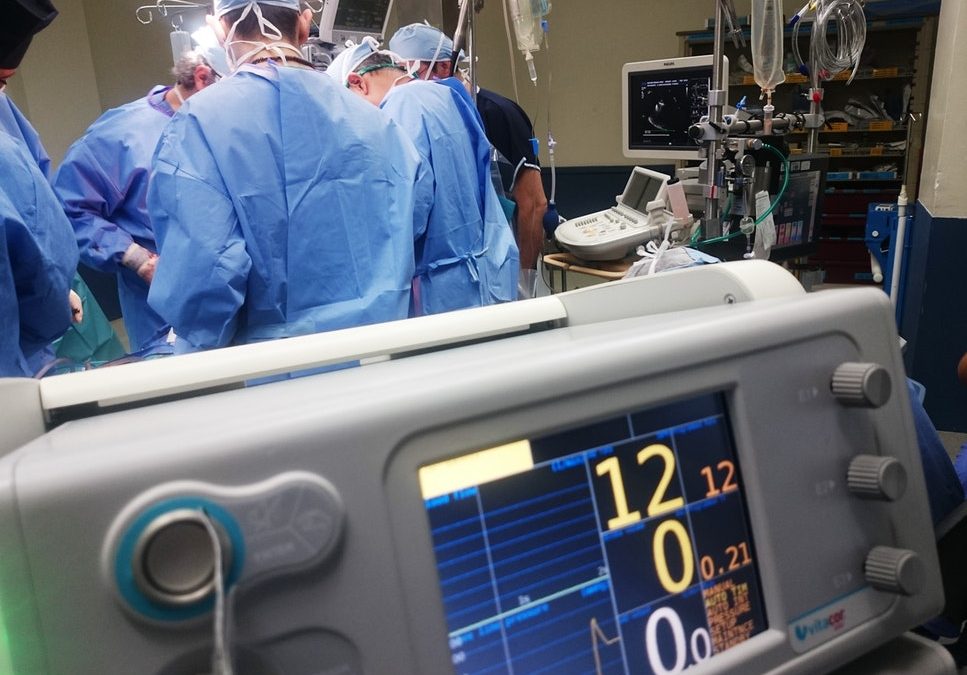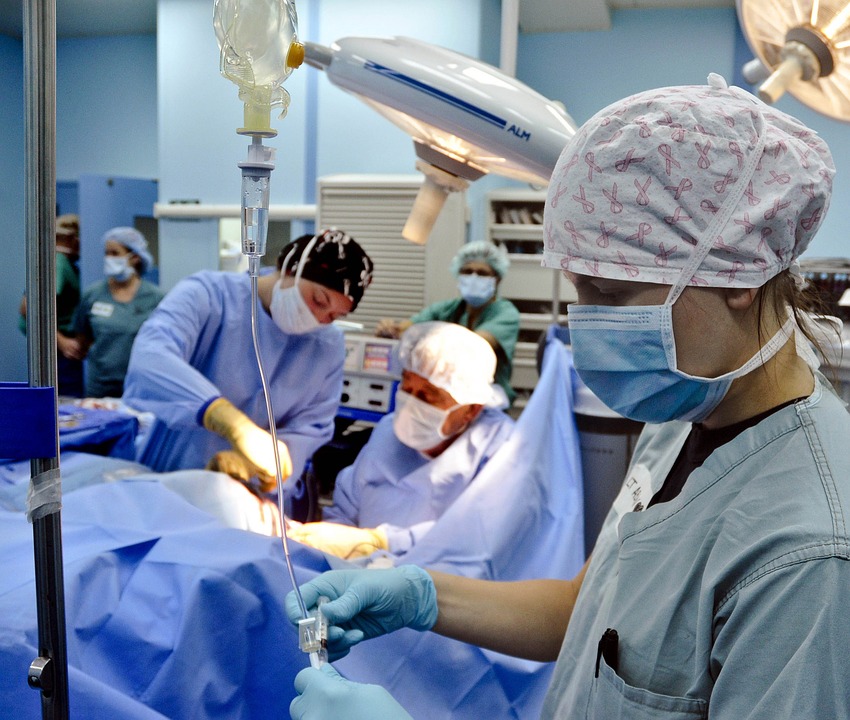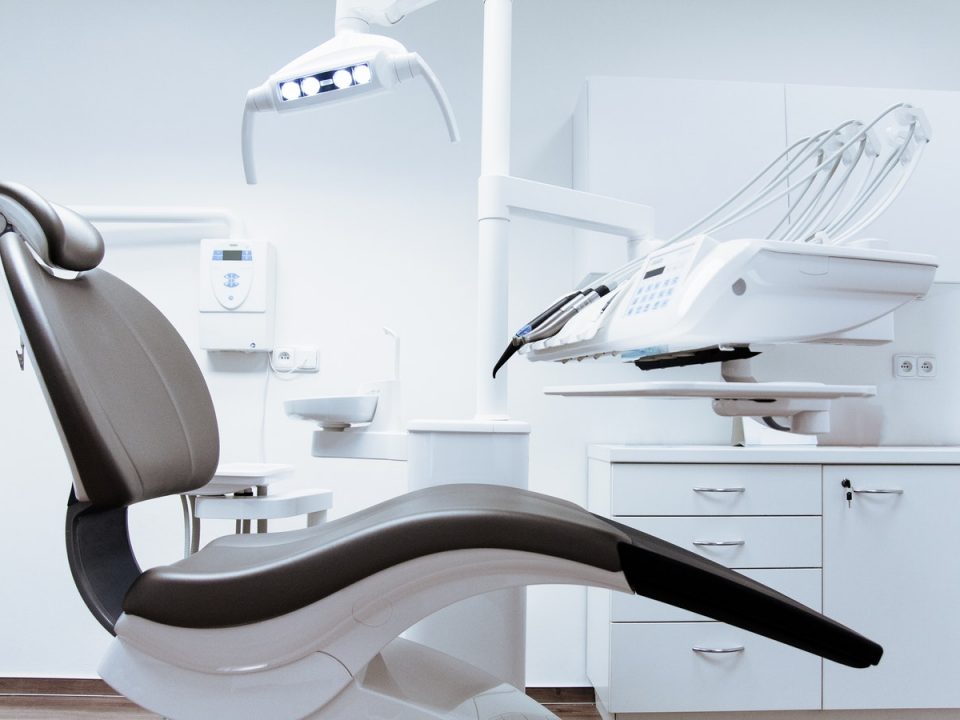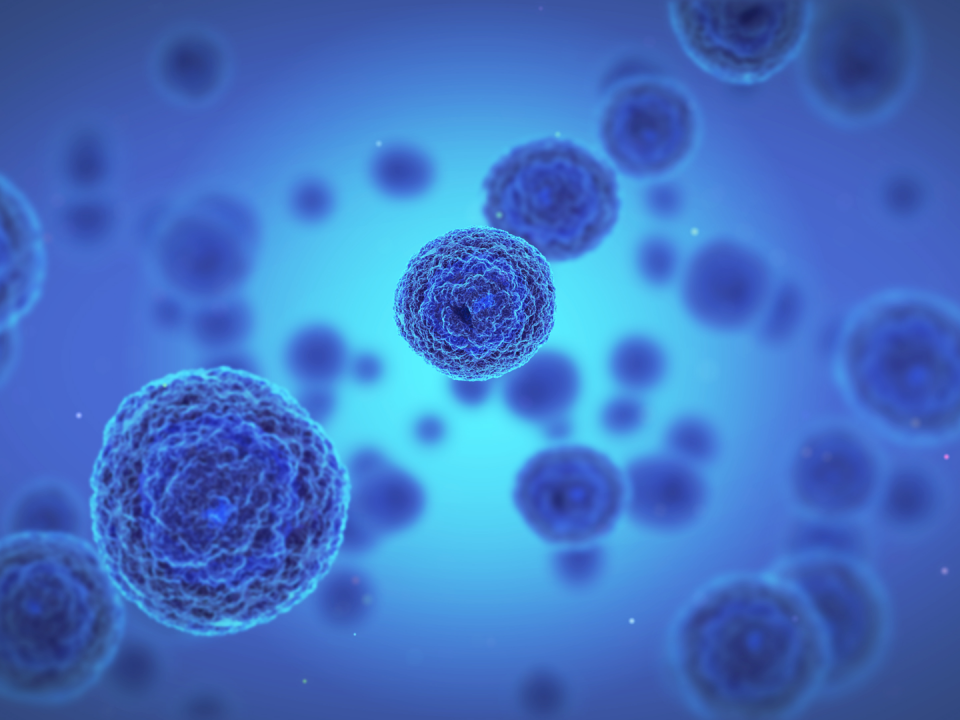Also known as C. diff and C. difficile, this bacteria causes severe infections in the gastrointestinal tract. It invades cells and it damages the intestinal barrier of individuals who are more susceptible. People at risk tend to have been on antibiotics for several bacteria (broad-spectrum antibiotics), long-term antibiotics, or varying antibiotics at the same time. Other more susceptible patients are:
- Patients with underlying conditions such as kidney disease, inflammatory bowel disease, or cancer.
- Patients who are over 65 years old.
- Patients with a weakened immune system due to diabetes, steroid medication, or chemotherapy.
- Patients who stay in hospital long-term.
- Patients taking proton pump inhibitor (PPI) to reduce stomach acid production.
- Patients who have had surgery on their digestive system.
How Does It Spread?
C. difficile occurs when someone is infected while taking antibiotics or when they have particular medical conditions. The bacteria is typically transferred from touching items or surfaces contaminated with feces and then the nose or the mouth.
This hardy, anaerobic gram-positive bacteria forms spores with the capability of surviving for months in the environment. In hospital settings, for example, C. difficile spreads from patient to patient and from hospital staff to patients.
Antibiotics kill harmful bacteria but they can also kill the good bacteria in the colon. This leads to C. diff being able to grow and produce toxins, damaging the inside of the colon. The spores are also resistant to the majority of the cleaning chemicals available
Preventing C. difficile from Spreading
Medical facilities need an effective way to limit the exposure and contraction of C. diff by their patients. UV light helps to eliminate highly-resistant C. difficile spores, which pose a risk as they can stay on surfaces for months or years.
Medical staff can avoid spreading C. diff by washing their hands with an antimicrobial soap for a minimum of 15 seconds before and after patient contact. Patients’ family and visitors should be advised of doing the same.
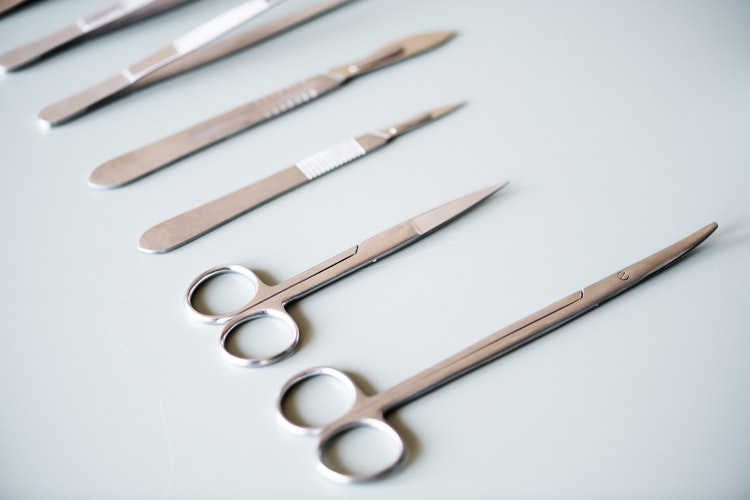
Should patients present C. diff symptoms, they should be placed in a contact-isolation room. Medical staff needs to wear gloves, dedicated equipment just for the infected patient’s use, and a gown should there be a possibility of clothing being contaminated. In the patient’s room, all medical devices and relevant equipment need to be thoroughly cleaned and disinfected – particularly those that are likely to be or have been contaminated with faeces.
Contact us to know more about our products and how they can help to disinfect surfaces and kill some of the most dangerous bacteria.

